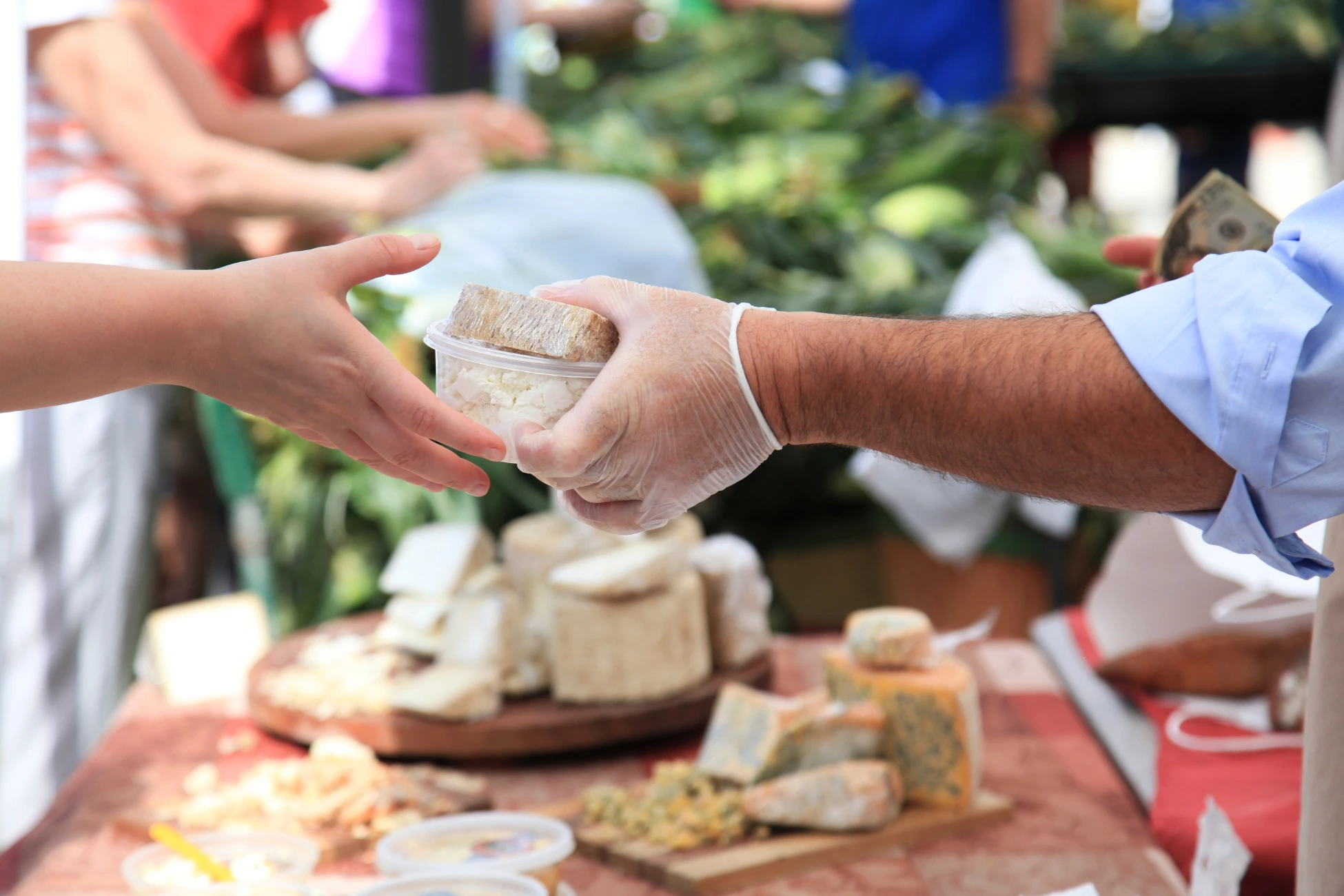Prohibited jobs for foreigners in Thailand

Thailand has long been a popular destination for foreign workers, whether they’re skilled professionals or labourers. But in recent years, there’s been growing talk about whether Thailand should limit or even prohibit certain jobs for foreigners to protect local workers. Let’s dive into the topic and see what the implications could be.
Current situation
Right now, Thailand already has a list of jobs that are restricted to Thai citizens. These include roles in traditional trades like farming, jewellery making, and manual labour. However, many foreigners still find work in areas such as tourism, teaching, and international companies based in Thailand.
The government sets rules on which sectors foreigners can work in, but enforcement can be tricky. Many foreigners enter on tourist visas and work illegally, often in lower-paid positions. This can lead to competition with Thai workers, especially in industries where wages are already low.
What jobs can foreigners do
Skilled Professionals:
- Teaching: Teaching English is one of the most common and popular jobs for foreigners in Thailand, especially for native speakers. Other subjects like science and math are also in demand at international schools.
- IT and technology: There’s a growing demand for skilled tech workers, particularly in Bangkok. Foreigners with expertise in software development, engineering, or data analytics can find opportunities.
- Tourism management: While certain jobs in tourism are restricted, foreigners can work in managerial or specialised roles, especially at hotels and resorts catering to international tourists.
- Consulting: Foreigners with expertise in specific industries (like business, marketing, or engineering) are often hired as consultants, especially by multinational companies with offices in Thailand.
- Entrepreneurship: Many foreigners start their own businesses in Thailand, but they must abide by foreign business laws. You can own a business, but in most cases, a Thai national must own 51% of the company unless it’s in a specific category where 100% foreign ownership is allowed.
- Remote/online jobs: If you’re working for a foreign company remotely, as long as you’re not competing with local Thai businesses or violating visa terms, you can work from Thailand in jobs like freelancing, writing, or graphic design.

What jobs can’t foreigners do
Thailand has a list of restricted jobs for foreigners, often called the “reserved occupation” list. These jobs are protected for Thai nationals to avoid competition in fields that don’t require specialised foreign expertise. Some of these include:
- Manual labour: Anything involving construction, carpentry, or factory work.
- Agriculture: Farming, animal husbandry, forestry, or fishing are restricted.
- Retail and trading: Owning or managing a small retail shop or working as a market vendor is off-limits.
- Artisan and craft jobs: Jobs like woodworking, hairdressing, goldsmithing, and sculpture are reserved for Thai nationals.
- Driving: Driving jobs, including taxi driving or truck driving, are not allowed for foreigners.

Work permits and visas
To work legally in Thailand, you’ll need a work permit and a non-immigrant visa. Here are some common types:
- Non-immigrant visa B (business/work): This is the most common visa for foreigners seeking employment. You’ll need a Thai company to sponsor your work permit.
- Teaching visa: Foreigners teaching in schools need this visa, often with the school sponsoring the work permit.
- Elite visa: For those who plan to stay long-term, Thailand offers the Thailand Elite Visa, which allows you to live in the country without needing a work visa, though you can’t legally work unless you have a separate work permit.
Workaround for entrepreneurs
Even though there are some business restrictions, foreigners can still open specific types of companies, like tech startups, export businesses, or those related to education or hospitality, under the Board of Investment (BOI) privileges. These privileges help bypass some of the usual limitations.
The question of whether to prohibit jobs for foreigners in Thailand is complex. While there are valid concerns about job competition and wage suppression, the reality is that many industries rely on foreign workers to thrive. Striking a balance between protecting local workers and welcoming foreign talent might be the best way forward for Thailand’s economy.
Frequently asked questions
Can foreigners work in hotels in Thailand?
Yes, foreigners can work in management positions in hotels, but they cannot do jobs that are on the restricted list (e.g., certain manual labour jobs or those reserved for Thai nationals).
Can a foreigner own a bar in Thailand?
Owning a bar falls under restricted businesses for foreigners unless you have a Thai partner who holds 51% of the business.
Can foreigners sell food in Thailand?
No, street vending and selling food is restricted to Thai nationals. However, you can manage or own a restaurant with a Thai partner.
What happens if you work in Thailand without a work permit
Working without a valid work permit is illegal and can result in fines, deportation, and being blocklisted from returning to Thailand.
Can a foreigner work in Thailand without a degree?
Yes, but it can be more challenging to get a work permit without a degree, especially in fields like teaching. Many skilled jobs require qualifications.
What is the minimum salary for a foreigner in Thailand?
Minimum salary requirements for foreigners depend on the nationality and the visa type. For example, for most nationalities, the minimum salary for a foreigner working in Bangkok is around 50,000 Baht per month.
How easy is it for a foreigner to get a job in Thailand?
It depends on your skills and field. If you’re in a specialised sector like tech or teaching, it’s easier. For other jobs, competition and restrictions make it harder.
Latest Thailand News
Follow The Thaiger on Google News:


























